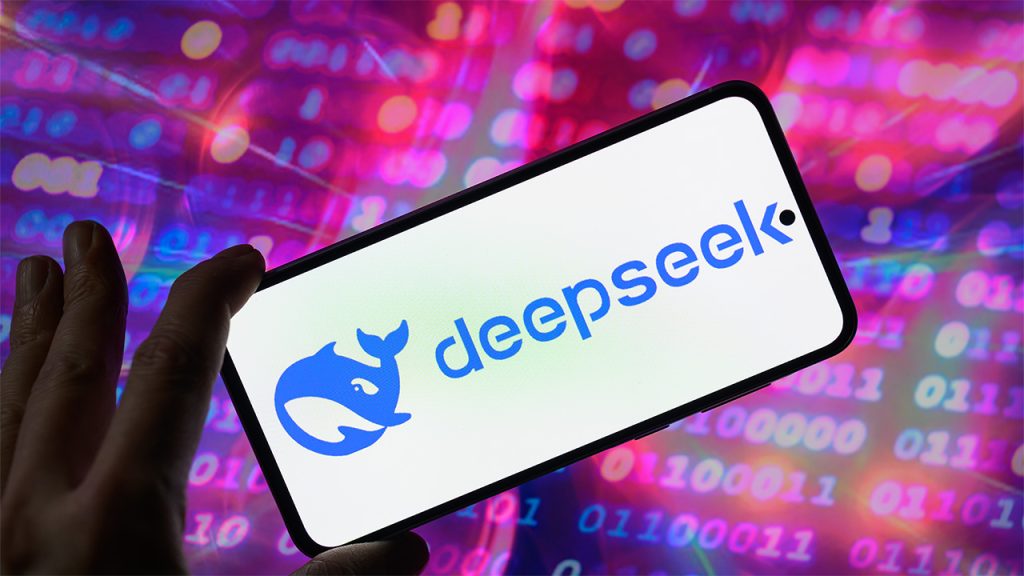Chinese AI app DeepSeek could be facing another ban, this time in Germany. Data protection official Meike Kamp has filed a formal request with both Apple and Google to remove DeepSeek from digital storefronts.
Kamp, the Commissioner for Data Protection and Freedom of Information, has accused the app of sending personal data to China, a violation of European Union law.
In May, the official requested that DeepSeek comply with legal requirements for data transfer, remove the app themselves, or stop the data transfer.
You may like
DeepSeek facing another European ban
Kamp’s requests were not responded to, leading to the report being filed to both Apple and Google.
Here’s what Kamp had to say (machine translated):
“The transfer of user data by DeepSeek to China is unlawful. DeepSeek has not been able to convincingly prove to my authority that data from German users:

Inside China is protected at a level equivalent to that of the European Union.
Chinese authorities have extensive access rights to personal data within the sphere of influence of Chinese companies.
In addition, DeepSeek users in China do not have enforceable rights and effective remedies guaranteed in the European Union.
I have therefore informed Google and Apple, as operators of the largest app platforms, about the violations and expect a blocking to be checked as soon as possible.”
It remains to be seen what steps Apple or Google will take (if any), but it’s clear that each isn’t afraid to respond.
Deepseek bans piling up
DeepSeek drew similar concerns from Italian and Irish watchdogs earlier this year, and was pulled from Apple’s App Store and the Google Play Store in Italy, with customers being advised that the app was “currently not available in the country or area you are in”.
Other countries, while not immediately banning the use of Deepseek are wary of it. The British governemnt has said the use of Deepseek remains a personal choice for the public, but they do monitor all national security threats from any source.
In recent days, Chinese search engine Baidu has announced its Ernie LLM will go open source, suggesting there are more models to come from the country yet.
The Chinese AI model, which launched in late 2024, had huge ramifications for stock prices of US-based tech firms thanks to its rapid adoption and meteoric rise to prominence as a competitor to the likes of OpenAI’s ChatGPT and Google’s Gemini.
“Our office will launch an in-depth investigation to see if GDPR rules [European Union data protection regulations] are being respected,” said the head of the Italian data regulator, Pasquale Stanzione, back in January.
According to Deepseek’s own privacy policy, it stores numerous bits of personal data, such as requests to its AI system or uploaded files. All of this information is stored on computers in China. In our guide on how to opt out of data training, Deepseek stood out as the hardest AI model to get out of data usage.
In recent days, Chinese search engine Baidu has announced its Ernie LLM will go open source, suggesting there are more models to come from the country yet.
More from Tom’s Guide
Back to Laptops

